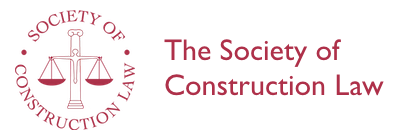Teams of Rivals? How English Construction Law Forces Contracting Parties to Work Together
David Sawtell
November 2020
A paper based on the commended entry in the Hudson essay competition 2019
This paper addresses the issue of how to make contracting parties work together, adopting a high-level, doctrinal perspective. The author considers how a range of existing principles and doctrines have been adopted to force the participants in construction projects to co-operate. The paper analyses how English law has approached long-term and relational contracts, and the doctrinal ‘default’ rules which have been adopted to give effect to parties’ commercial agreements. Considering the decision in Bates v Post Office Ltd (No. 3), the author argues that such cases are a development of, rather than a departure from, the default rules. The author contends that, although ‘good faith’ can cover a number of possible implied terms, there is no need for a ‘general’ good faith obligation and that the parties to English construction contracts are free to operate as teams of rivals.
Introduction – How contracting parties rely on each other: general propositions – Doctrinal sources of obligations to work together – Express terms – English ‘default rules’ – Implied obligations – Fetters on decision-making powers – Working together without a general concept of good faith – Relational contracts – The relational contract paradigm – Giving effect to relational contracts – Bates v Post Office Ltd (No. 3) - lessons for the construction industry? – Conclusion – the freedom to mistrust
The author: David Sawtell is a barrister practising from 39 Essex Chambers.
Text: 15 pages
